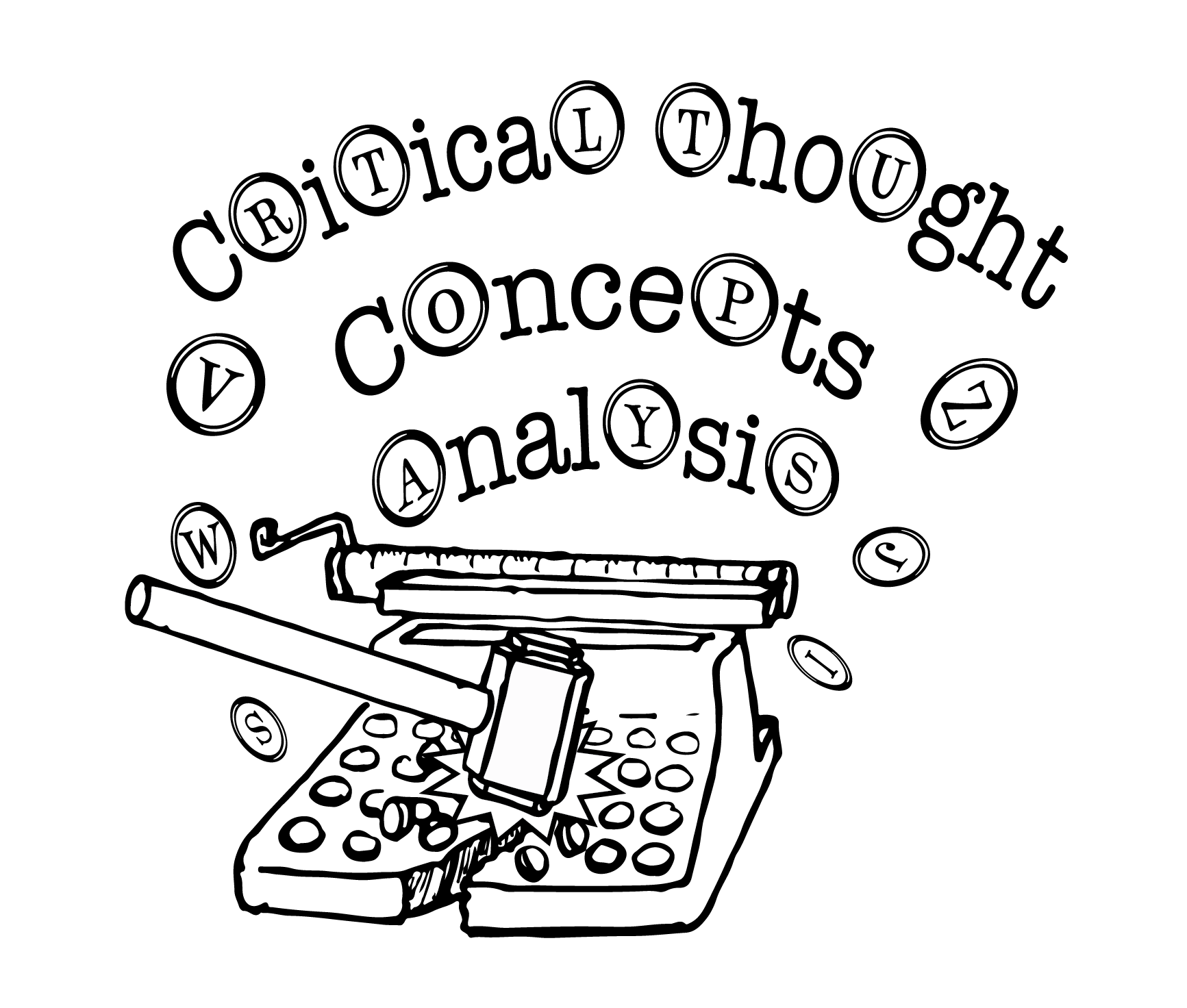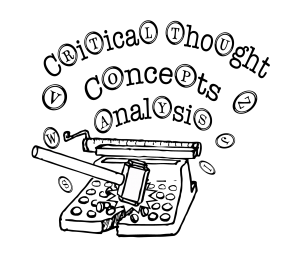What is the Workshop?

The Workshop for Intercommunal Study: Critical Analysis for Collective Action
“I can’t be a pessimist… because I’m alive. To be a pessimist means that you have agreed that human life is an academic matter. So I’m forced to be an optimist. I’m forced to believe that we can survive whatever we must survive.” —James Baldwin
The Workshop for Intercommunal Study is a counter-institutional space dedicated to promoting and producing systemic analyses of capitalism and all its consequences, recuperating collective histories of anti-capitalist struggle, and identifying and theorizing emancipatory forms of social and political organization beyond capital.
It’s hard to know exactly when it happened. Was it the day after Ferguson? The brutal foreclosure of the Arab Spring? The onset of the “financial” crisis of 2008? March 20, 2003? Or, maybe, five centuries ago? But since then, it has become increasingly clear that the dominant social dynamics we live—“economic” crisis, ubiquitous eliminationist wars, mass forced displacement, ecological devastation, and the paralysis of state institutions—are not aberrations, but the predictable and irreversible consequences of an unprecedented structural crisis of capital that (internal to its own logic) will only get worse.
The fact that it is harder and harder to hide from this reality, however, in no way implies that we are prepared to understand (let alone change) it. To the contrary, at the very moment when the dominant institutions of this world (State, Nation, and Market) show signs of irreparable exhaustion, the sites entangled in these institutions—the media, the university, and the formal political arena—have been increasingly subordinated to the immediate and now impossible demands of capitalist growth. This subordination has in turn impeded the circulation of reliable information, increasingly eliminated the production of historical and systemic analyses, and neutralized the spaces for collective deliberation, each indispensable for making sense of our contemporary situation. In effect, and despite much resistance, these sites have been transformed into centers for the production of mass confusion. Without these spaces for the construction of collective understanding, hashtags stand in for concepts, the value of ideas is determined by “likes” and “retweets,” and politics is reduced to lifestyle choices and acts of self-expression.
Where are we today? Where will today’s dynamics take us tomorrow? How can we get from here to where we want go? The Workshop is born of the conviction that, given this decomposition of today’s dominant institutions, answers to these questions must begin with the realization that both institutional strategies and merely anti-institutional ones, as well as attempts at their combination—face long term obstacles that will ultimately prove insurmountable. We are convinced that we must instead meet this impasse with the construction of counter-institutions, everywhere and at all levels. In other words, it is clear to us that no one today has answers; all the more reason that we must (re)build spaces, like The Workshop, stubbornly dedicated to recuperating our capacity to research, dialogue, debate, experiment, and sharpen our questions so that we can begin to find our way out of this mess.
Therefore, through seminars, reading groups, speaker series, our website, and the many other forms of collective study, The Workshop is dedicated to building upon some of the elements already at hand in order to think past our situation:
Concepts. At first glance, the world in which we live appears as a set of random and unrelated phenomenon. However, the observation of patterns, trends, and repetitions allow us to intuit—to form an initial conceptualization of—a deeper order. By placing these patterns, trends, and repetitions into conversation, we can pinpoint the abstract rules and laws (the underlying logic) that explain these phenomena and govern our world. Having in this way approximated the underlying concept of our society we can better grasp its essential aspects, study its historical formation, understand its dynamic movement, theorize its future trajectory, and thus strategize our interventions accordingly.
Memory. The world of capital has the uncanny capacity to appear timeless—to make it seem like it has always been this way, that it will always be this way. Within this capitalist eternal present, the history of our anti-capitalist struggles has been either entirely erased or re-presented whole cloth to us as struggles for a kinder gentler capitalism, when not as struggles for entrepreneurial success in capitalism. In this context, acts of collective memory become acts of defiance. We must remember past anti-capitalist struggles; we must remember how brief the history of capitalism has been; we must remember that the world has not always been this way, or better yet, that the world has always not been this way. That is, we must remember that the world of capitalism is but one world, and although it tries to reduce all other worlds to itself, it has never succeeded. We must therefore remember there are many worlds today, that there is another present and therefore there can be another future. We must remember to remember a future world without the world of capital. Most importantly, we must remember that our memories of other pasts and futures will be fleeting unless we remember to confront and create life beyond the memoryless eternal present of capital.
Organization. Although rare, there are a number of political movements (the Kurdish People’s Movement, the Zapatistas, the Mapuche Nation, and the Black Panther Party to name just a few) across the globe that have set their strategic sights on “changing worlds”—putting an end to the snowballing collapse of this world by building another—starting from the interconnected daily struggles we face regardless of where we find ourselves. At the heart of these movements has been the production and collection of invaluable knowledge that we must build upon. Through Communalism, Conviviality, Quilombismo, The Commune, Democratic Confederalism, Transcommunality, Building Community, Good Government, Communality, Marronage, The Common, and of course, Intercommunalism, these organizations and others have explored and experimented with conceptualizing and building the “forms of freedom” adequate to our times.


